Former president Richard Nixon resigned Aug. 9, 1974 in response to a scandal that sent tremors through American politics. Fifty years later, the implications of those tremors continue to be felt.
A panel discussion held Tuesday at the Memorial Union explored these implications by highlighting the events of Watergate, the recent presidential immunity ruling by the U.S. Supreme Court and past impeachment trials of former presidents.
Moderated by Kathie Obradovich, the editor-in-chief of the Iowa Capital Dispatch, the discussion featured the following panelists:
- Ed Mezvinsky, an Ames native and former congressman who served on the House Judiciary Committee during Nixon’s impeachment proceedings
- Jonathan R. Yarowsky, who served as special counsel to former President Bill Clinton
- Jeff Ubois, who collaborated with Mezvinsky on his collection of records from Watergate
During the discussion, Obradovich asked the panelists questions regarding the impact of the news media during Watergate, presidential record keeping, impeachment as a political tool and the power that presidential immunity holds.
While speaking on the impact of the press on Watergate and current issues, Mezvinsky highlighted the differences between media in 1974 compared to today.
“The press was strong [in 1974], but it’s much different now because we have the electronic media,” Mezvinsky said. “That’s made all the difference in the world.”
Following the discussion, audience members were invited to ask questions to the panelists.
One audience member asked the panelists how continued polarization of politics can be prevented for the future. Yarowsky answered by referring to the “choice” that parties have to make going forward.
“[The parties] are gonna have to really get their act together,” Yarowsky said. “Perhaps go more to the middle, both of them… closer to the middle in their own ways.”
In his closing remarks, Mezvinksy spoke about the hope he has for American politics amidst a growingly divisive political climate.
“I always had hope,” Mezvinksy said. “As difficult as it is, as trying as it is, as frustrating […] you have to have hope. You have to have resilience and hope for the future.”
For more information on lectures at Iowa State, visit the lecture series website.


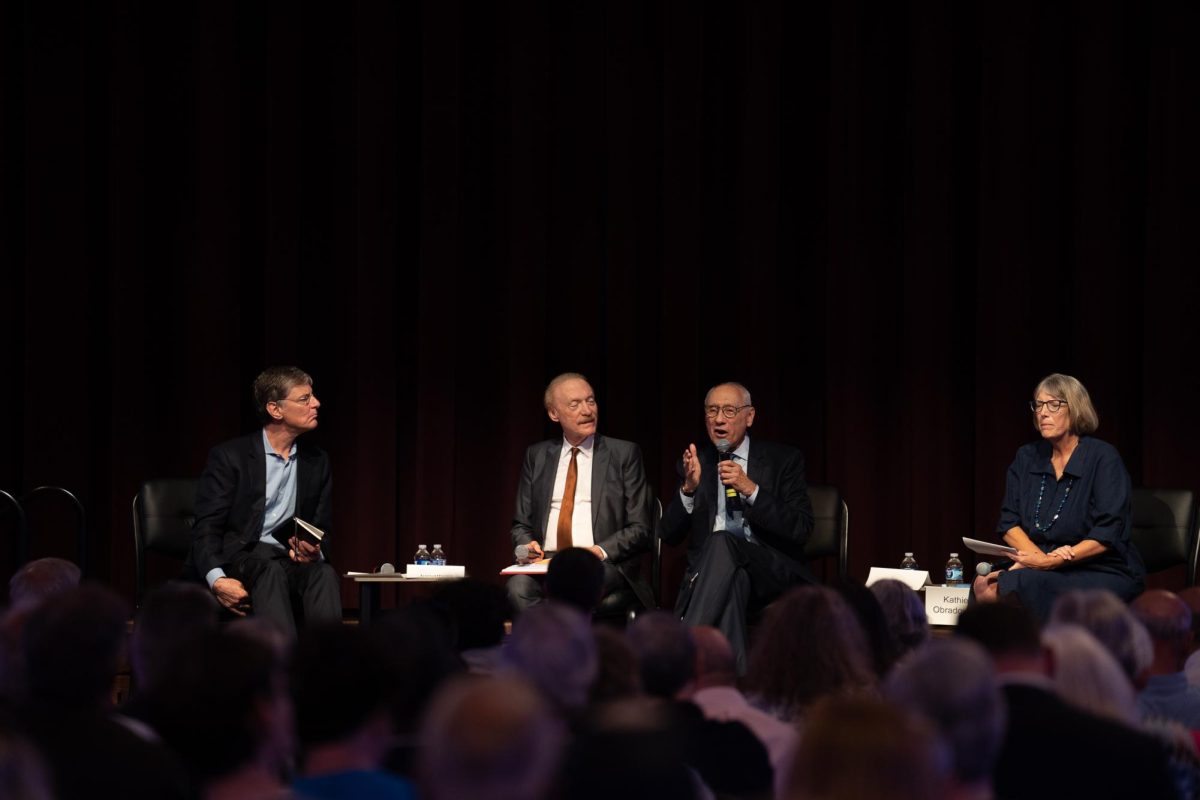







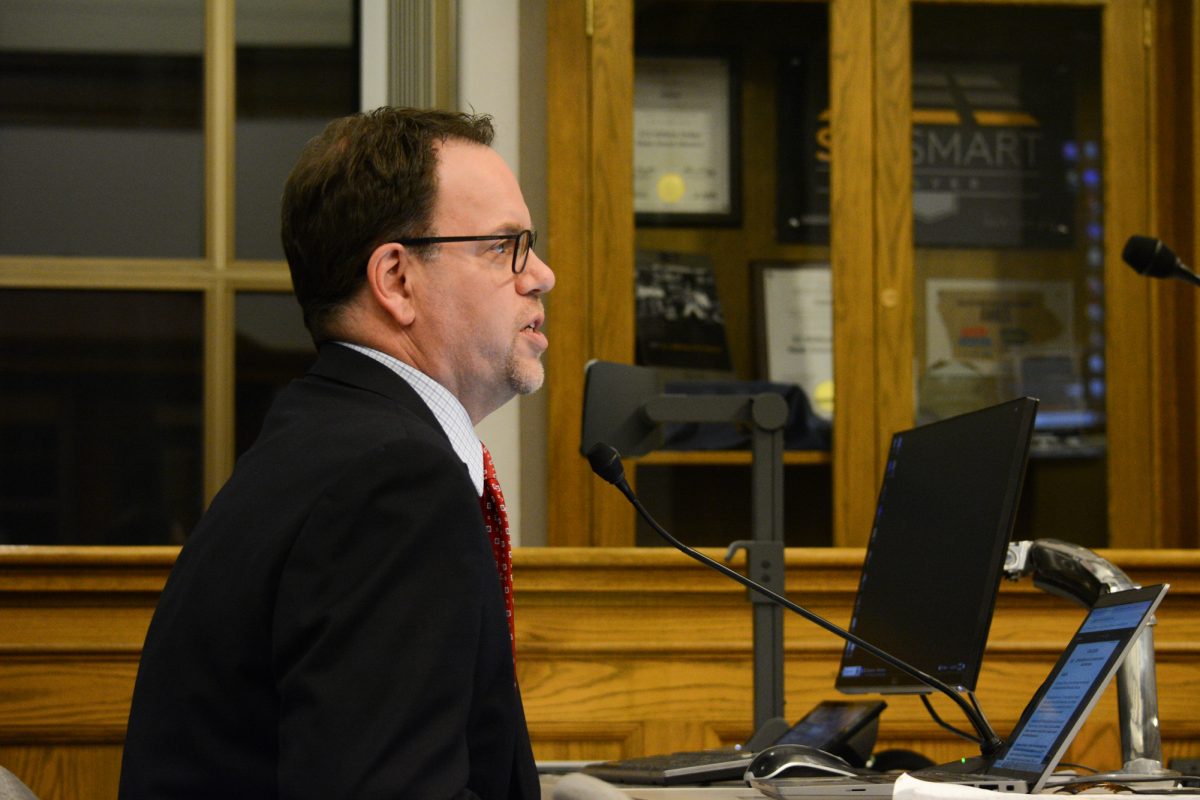
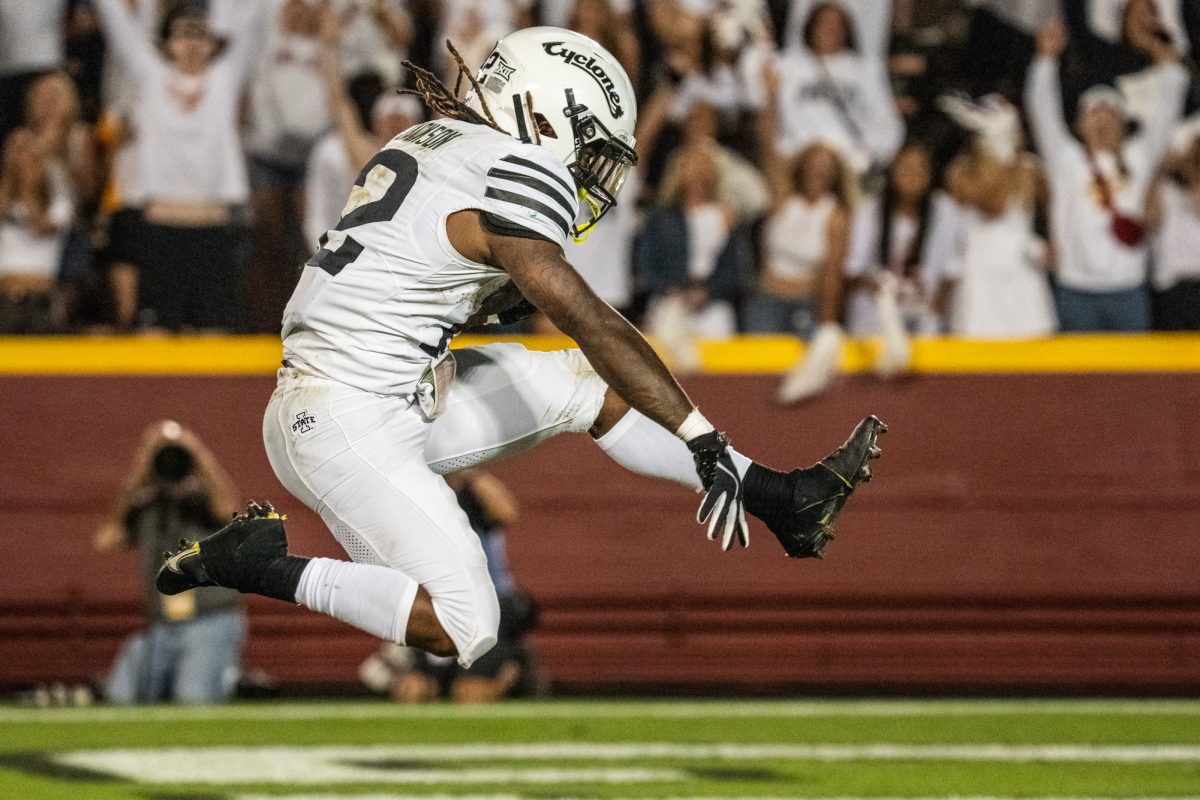
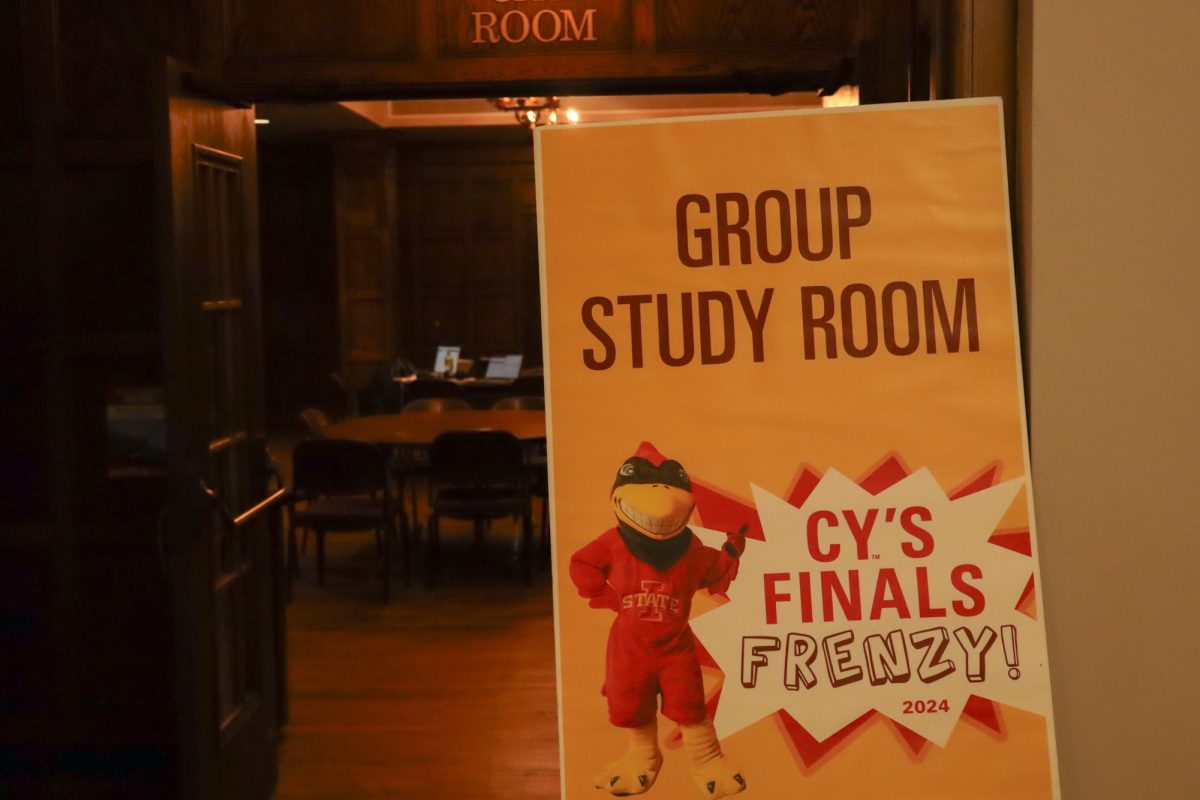

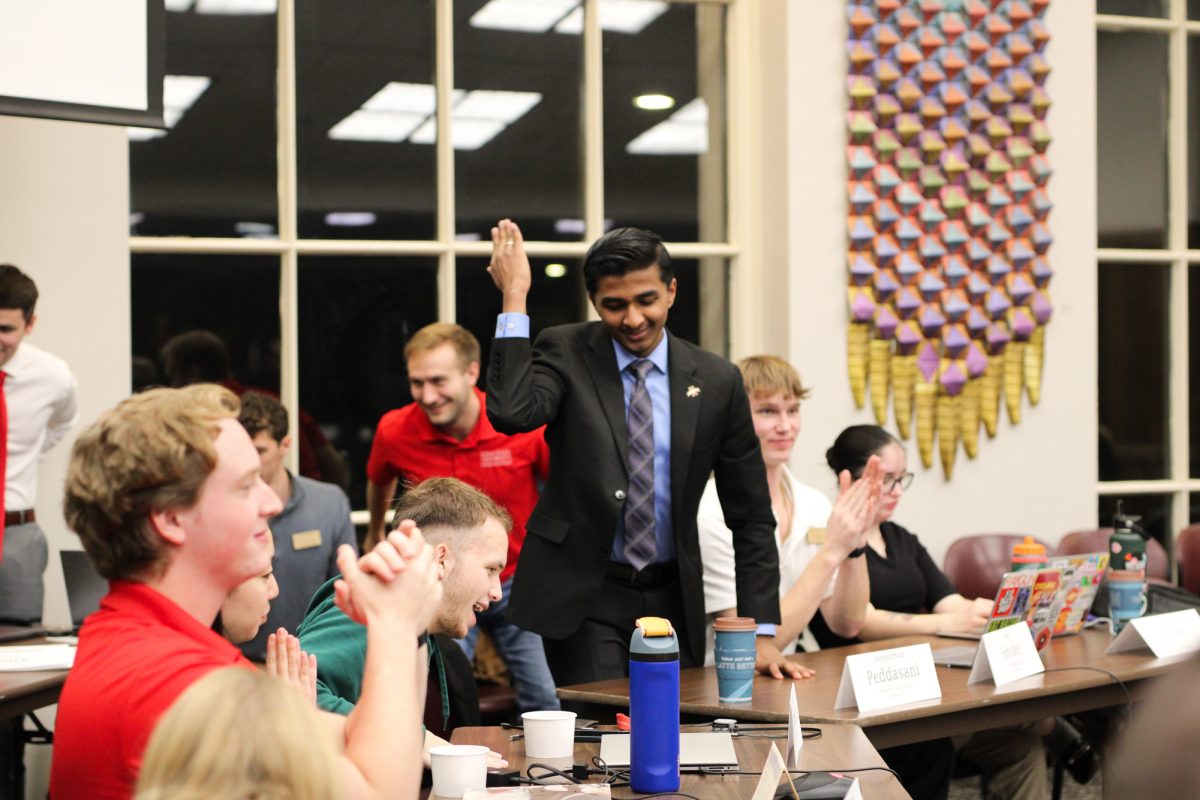
Dave Drennan | Sep 6, 2024 at 9:55 am
What a waste of time. 50 years later who cares?
Rhetorical Rapscallion | Sep 6, 2024 at 8:31 am
This article seems pretty sparse.
The only way to keep this democracy from destroying itself is through massive reform. Campaign finance reform (down with Citizens United!) would be a good start, followed by ranked choice voting and new limits on the power of lobbyists in politics. Oh, and let’s get rid of the outdated electoral college while we’re at it. If these resolutions are not seriously considered, the polarization will continue b/c what else is there when your political choices are limited to two?
FWIW, a 3rd party that gets 5% or more in a general election qualifies for federal campaign dollars in the following election. Get that 5% and it is the beginning of real change in American democracy. So here in Iowa (a deeply Repub state where, thanks to the electoral college and the 2-party system, your vote doesn’t amount to much), you don’t have to vote for Kamala or DJT (the one advantage to the electoral college, for now); the same principle stands if you’re in CA or NY. In non-swing states, your vote can actually count toward actual change if you vote for/write in a 3rd party candidate. Get that 5% for a 3rd party candidate in 2024 so an entirely different future of American democracy is less and less susceptible to corporations and the mega-rich.
David Jackson | Sep 9, 2024 at 6:41 pm
“Oh, and let’s get rid of the outdated electoral college while we’re at it.”
-Rhetorical Rapscallion
Yeah, lets not. The President is the President of the United Sates, not a direct representative of the people at large. That’s what we have our representatives in the House of Representatives for.
The electoral college is the only thing ensuring many midwestern and mountain states have any influence on presidential elections and executive branch policy at all. The populations of several of the US’s larger cities outnumber the populations of multiple states combined, whose people’s interest would be completely overlooked in order to appease the masses of urban voters in a popular vote election.